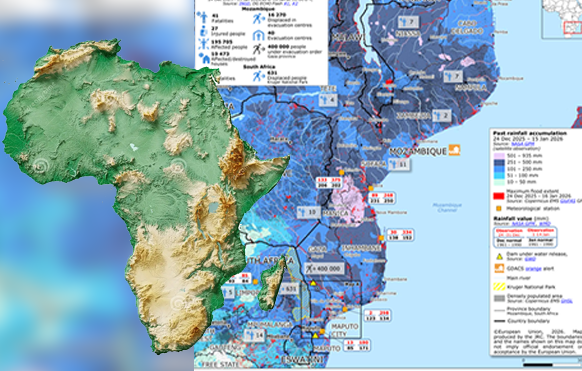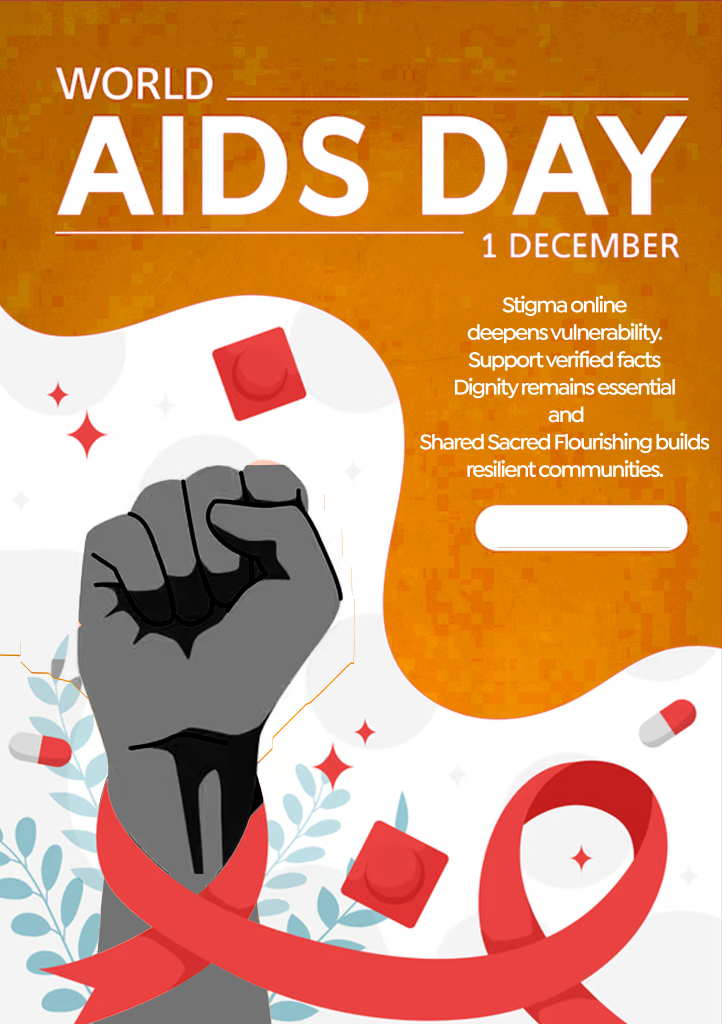The first in the continent to bring together different faiths in working for a common goal
Across Africa, systemic inequalities, social injustices, and economic disparities continue to hinder the realization of human dignity and inclusive development. Marginalized communities, including women, children, persons with disabilities, and vulnerable groups, face persistent barriers to equity and justice, exacerbated by harmful societal norms, governance gaps, and limited access to resources.
At the African Council of Religious Leaders – Religions for Peace, we believe that every individual possesses inherent dignity and deserves the opportunity to thrive. We seek to build a just and inclusive Africa where dignity, equity, and shared flourishing become a lived reality for all. To us, this means addressing systemic inequalities and advocating for inclusive societies where gender, ability, or socioeconomic status do not determine one’s opportunities in life.
Our Approach
Is rooted in advocacy, capacity strengthening, and community engagement, ensuring that faith actors are at the forefront of driving social transformation. Drawing on ACRL-RfP’s networks and experience across technical areas and geographies, we work closely with national councils and prioritize collaborative action with civil society, governments, and development partners to dismantle structural barriers, champion human rights, and create sustainable solutions that foster dignity and shared flourishing for all.
Key Focus Areas
Gender Equality in Africa
We are committed to eliminating gender disparities by empowering women and girls, transforming harmful societal norms, and safeguarding against violence and discrimination. A key aspect of our approach is engaging religious leaders, women and youth to promote positive masculinity and inclusivity, ensuring balanced, resilient societies.
Human Rights and Dignity for Marginalized Communities
We champion the rights of marginalized populations—including women, persons with disabilities, and vulnerable communities—by addressing systemic inequalities and fostering inclusive environments where all individuals are valued and afforded equal opportunities.
Social Justice and Development Financing
Economic and social inequalities remain significant barriers to human dignity. We advocate for responsible development financing, investment in health and education, poverty eradication initiatives, and food sovereignty. Faith leaders serve as key influencers in mobilizing communities and holding institutions accountable for just and sustainable development.
Emergency Preparedness and Response
During crises, faith communities are often the first responders. We work to enhance their capacity for disaster risk reduction and emergency preparedness by integrating faith-based actors into national and regional response frameworks, ensuring coordinated and effective humanitarian action.


